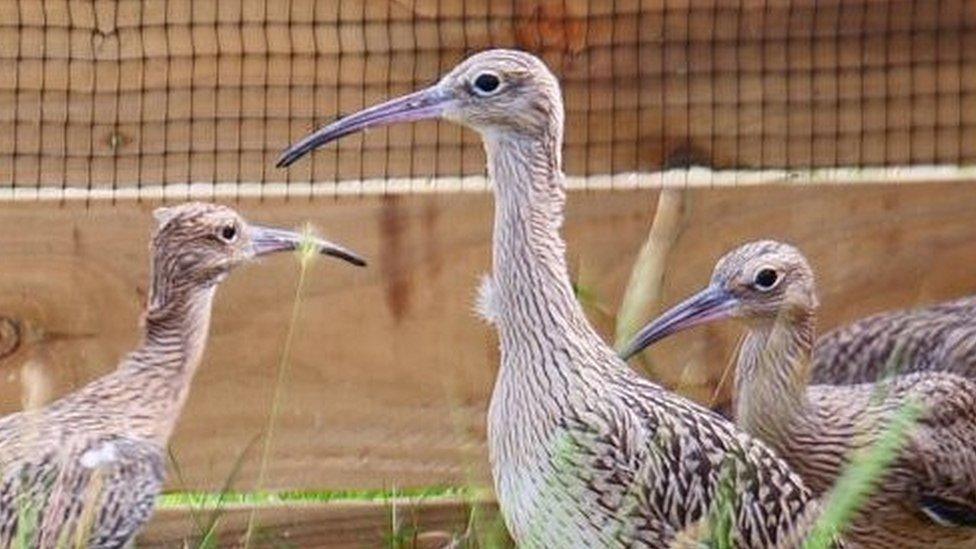Pensthorpe visitors to see protected birds eggs before hatching
- Published
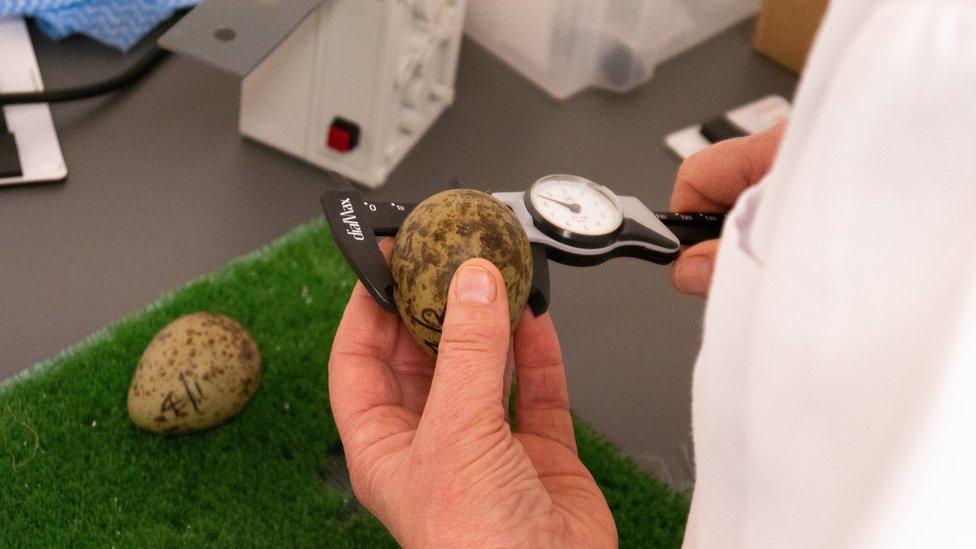
The curlew eggs will be on show for eight weeks at Pensthorpe Nature Park, in Fakenham, Norfolk
Visitors to a nature reserve will be allowed to see endangered birds eggs up close before they are hatched and released into the wild.
Pensthorpe Natural Park, in Norfolk, said it was the first time in its history that curlew eggs were on show.
They were rescued from a Ministry of Defence (MoD) airfield and once hatched will be released at the Queen's Sandringham Estate and Wild Ken Hill.
Last summer the Prince of Wales watched a release of curlews at Sandringham.
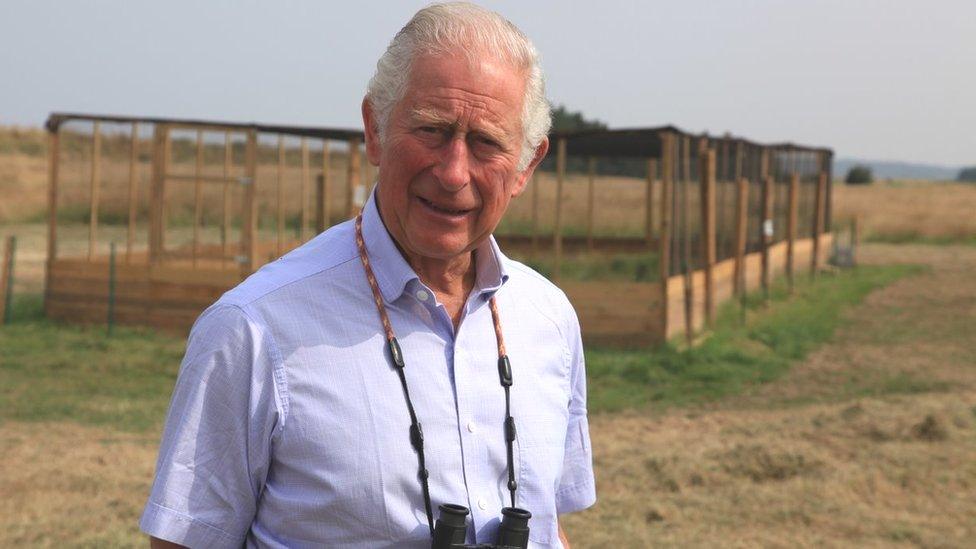
In July 2021 Prince Charles watched as hand-reared curlews were set free
A purpose-built incubation facility has been built at the Fakenham reserve and will be open to visitors for eight weeks.
"With any luck" people would be able to see them hatch, the park said.
It is the second year the Natural England-funded project has taken place to hand-rear curlews eggs taken from MoD sites, where "the nesting curlews are a danger to aviation and nests have previously been legally destroyed", it said.
Last year 79 were released across Norfolk.
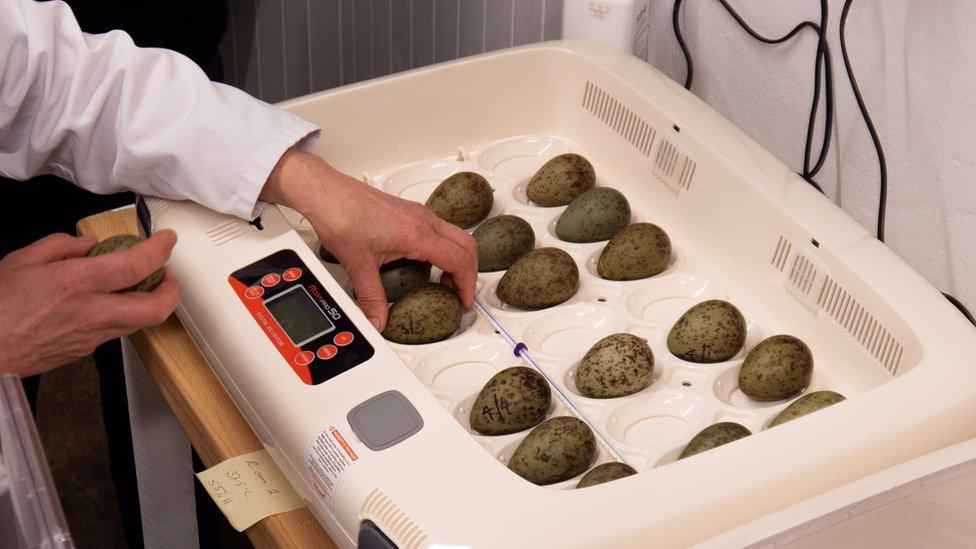
Dominic Buscall said: "It is wonderful that curlew eggs have already arrived at Pensthorpe for incubation and eventually hatching"
Chrissie Kelly, head of species management at the Pensthorpe Conservation Trust, said its involvement "in this critical programme has been extremely successful and has increased capacity to save even more curlews this season".
"To now share the process and let our visitors observe incubation and hatching is very special.
"Our backbone is in conservation and there's lots of work that's carried out behind the scenes to protect local wildlife, improve biodiversity and educate our guests about the endangered species in Norfolk."
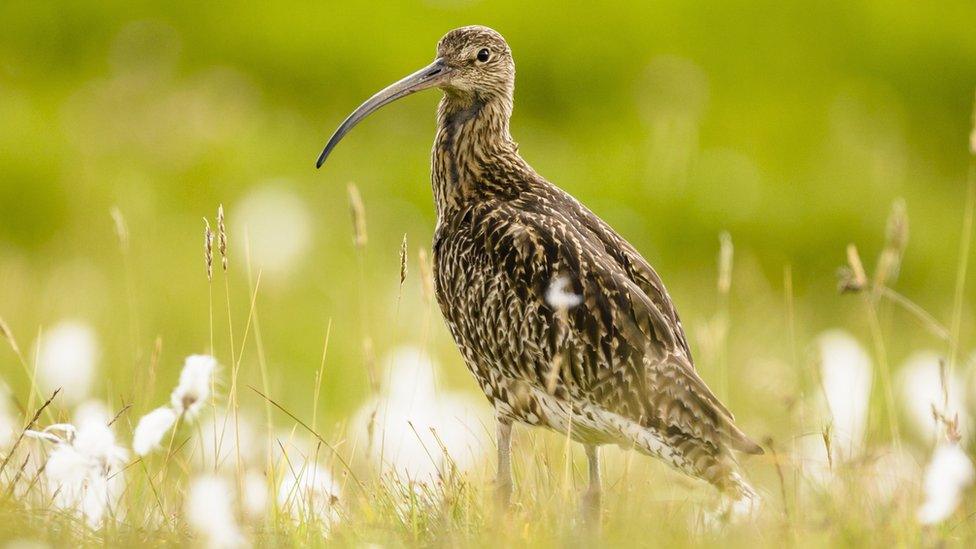
Curlews breed on a range of habitats, but primarily favour rough grasslands, moorlands and bogs, the RSPB said
The curlew is the largest European wading bird, has a long down-curved bill, and evocative, bubbling call, the RSPB said, external.
In 2021 they were added to the Red List on the UK Conservation Status report, meaning they are in the highest conservation category, and need urgent action, it added.
Dominic Buscall, project manager at Wild Ken Hill, said: "We are now making our own preparations at Wild Ken Hill to release these birds on the freshwater marsh and are extremely excited for their arrival."

Find BBC News: East of England on Facebook, external, Instagram, external and Twitter, external. If you have a story suggestion email eastofenglandnews@bbc.co.uk, external
- Published6 February 2022
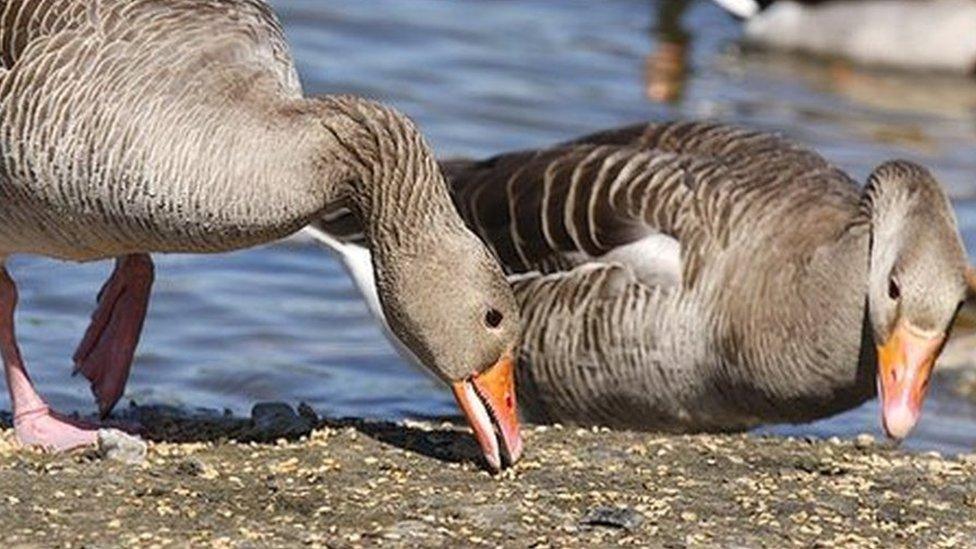
- Published14 September 2021
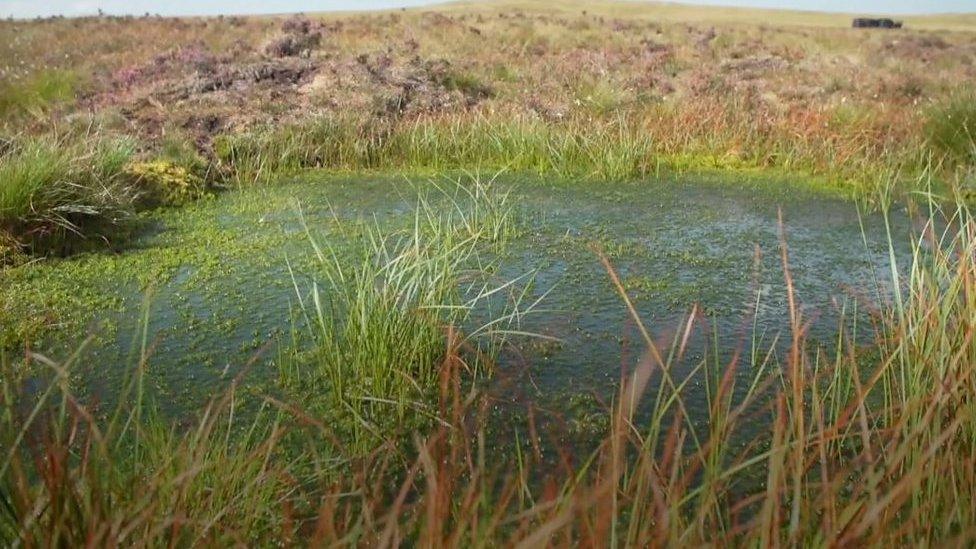
- Published14 September 2021
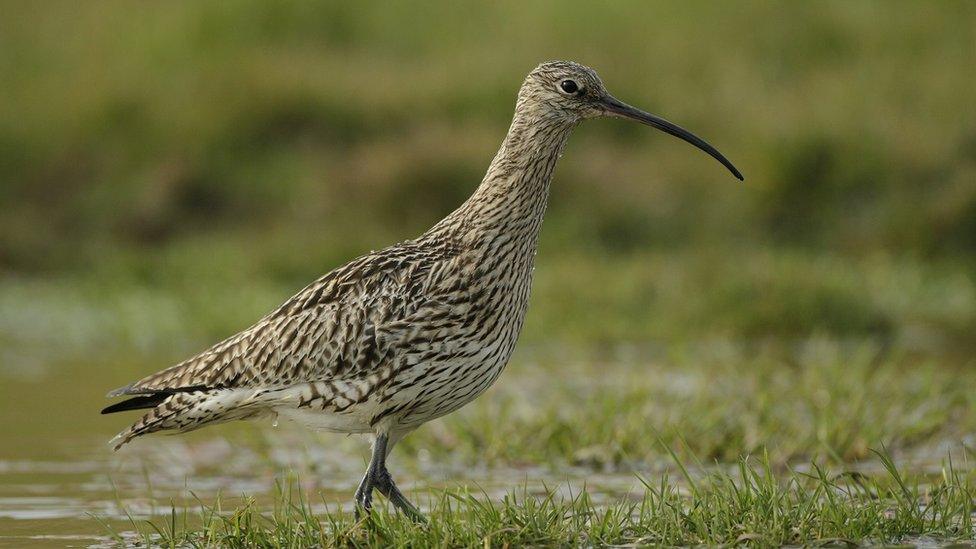
- Published19 August 2021
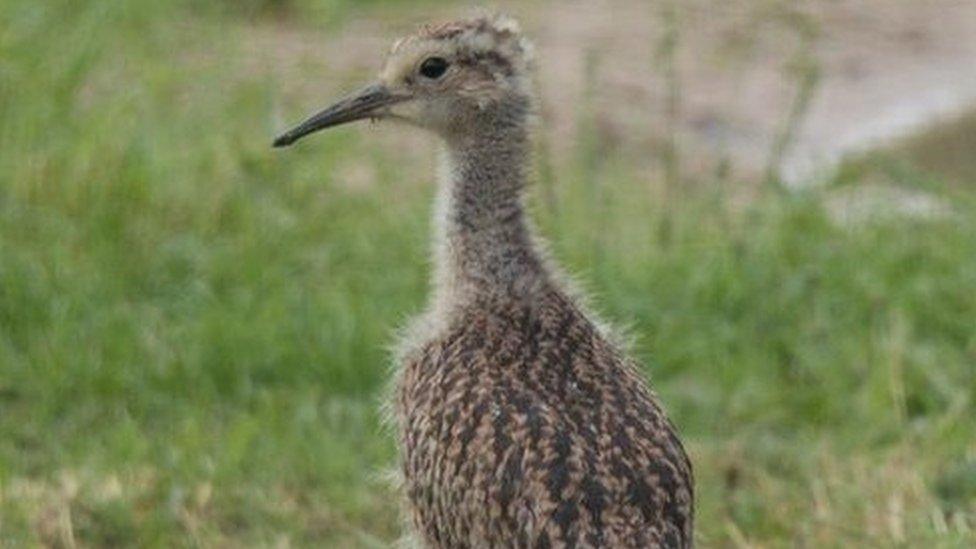
- Published27 July 2021
